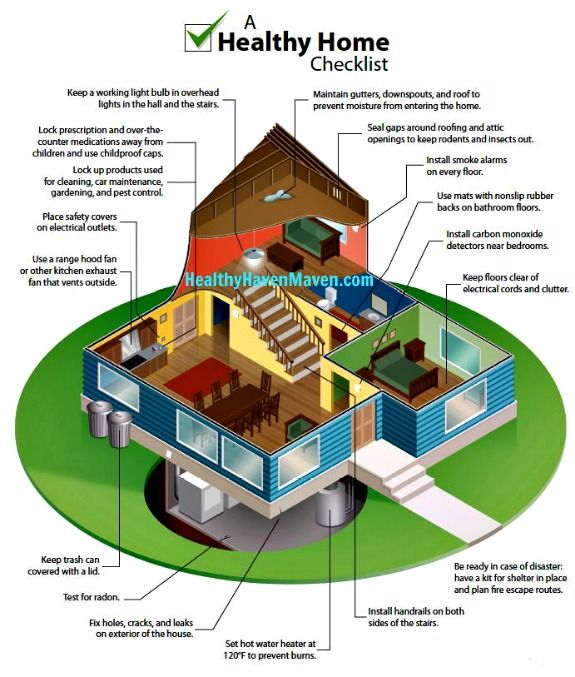Exploring The Ecological Advantages Of Warm Pumps - A Sustainable Home Heating Service
Exploring The Ecological Advantages Of Warm Pumps - A Sustainable Home Heating Service
Blog Article
Author-Keating Barrett
In an age where sustainability and power performance are vital, many businesses seek environment-friendly heating remedies. One such remedy is the heatpump.
A heat pump draws out the heat in its environments and pumps it right into your home, resulting in one of the most effective green central heating systems around. This process likewise generates zero greenhouse gas discharges, making it a highly lasting innovation.
Power Performance
Heat pumps are very energy effective and require little upkeep. They use much less electrical energy than other heater and are by far one of the most eco-friendly. They work well with roof solar and can commonly pay for themselves in energy cost savings alone.
They can also supply air conditioning, which is excellent for garage workshops, attic room hangouts and benefit areas, and home additions without expanding the existing ductwork. They can even be utilized for retrofits in existing homes with hydronic (water-based) distribution systems such as reduced temperature radiators or radiant floors.
Search for versions with SEER and HSPF ratings that meet or go beyond copyright's minimum criteria, along with the standards in your area. https://www1.nyc.gov/site/em/about/press-releases/20210714_pr_nycem_health-advise-new-yorkers-to-beat-the-heat.page indicate better efficiency, which conserves you cash over time and decreases your carbon footprint. You could even receive refunds and rewards! The best systems are those with a ground warmth exchanger for included efficiency. These devices can absorb thermal power from the ground throughout the wintertime and extract it in the summer season.
Lowered Greenhouse Gas Emissions
Heatpump run on electricity and essentially transfer warmth from the air, also when it's cool outside. They have the ability to remove the complimentary warm trapped in air bits and relocate them inside your home, minimizing humidity while doing so.
Contrasted to gas heaters, modern-day heat pumps use less than one kilowatt of electrical energy per kilowatt of heating power they produce. This makes them the most power effective heating choice available with a COP (Coefficient of Efficiency) of 4 or even more. By lowering the need for nonrenewable fuel sources, heatpump help reduce greenhouse gas emissions and cut other significant air toxins.
Structure decarbonization is an international vital, and the cooling and heating industry is a vital driver of that process. Whether it's investor making internet absolutely no commitments, plan manufacturers setting emissions limitations, or renters requiring greener areas, electrical heatpump are being acknowledged as a crucial solution. They are an affordable way to reduce carbon emissions by removing the need for fossil fuels in buildings.
Convenience
Heatpump can be utilized in many sorts of homes and structures-- with or without ducts. They deal with hot-water radiators, air-conditioning and programmable thermostats. They can change heaters or be installed in brand-new residences. They can operate on photovoltaic panels, geothermal systems and even area heating resources like wastewater.
They're terrific at delivering more heat per energy system. For instance, an air-source heat pump generates approximately 3 or even more heating systems from each electrical power unit it eats.
Getting the most from your heatpump will certainly depend on your climate zone and high quality of insulation. Look for designs with power STAR ratings and compare their SEER or HSPF specs. In warmer climates, focus on SEER; in chillier regions, think about a system with a higher HSPF rating. Additionally, invest in air securing and insulation to reduce the lots on your heat pump. That will improve power performance and aid you reach your Internet No goals much faster.
Biomass Boilers
Biomass boilers use timber pellets, chips or logs to develop warm and warm water. They are an excellent option for off-grid buildings or those that intend to leave the gas grid.
As a standalone heater, biomass can provide sufficient power to keep your home cozy throughout the year without the typical warm drop off of various other renewable technologies. They can additionally be used together with solar panels to increase savings and gain from RHI payments.
A downside of these systems is the ahead of time cost and routine fuel deliveries. Frequently, christchurch ventilation systems installation will certainly require to be blown right into a gas shop using a vacuum system or they can be manually fed into the central heating boiler with a receptacle. Logs are typically self-sourced from nearby timberland or acquired wholesale. As well as this, they require hand-operated loading and might require cleansing on a regular basis.